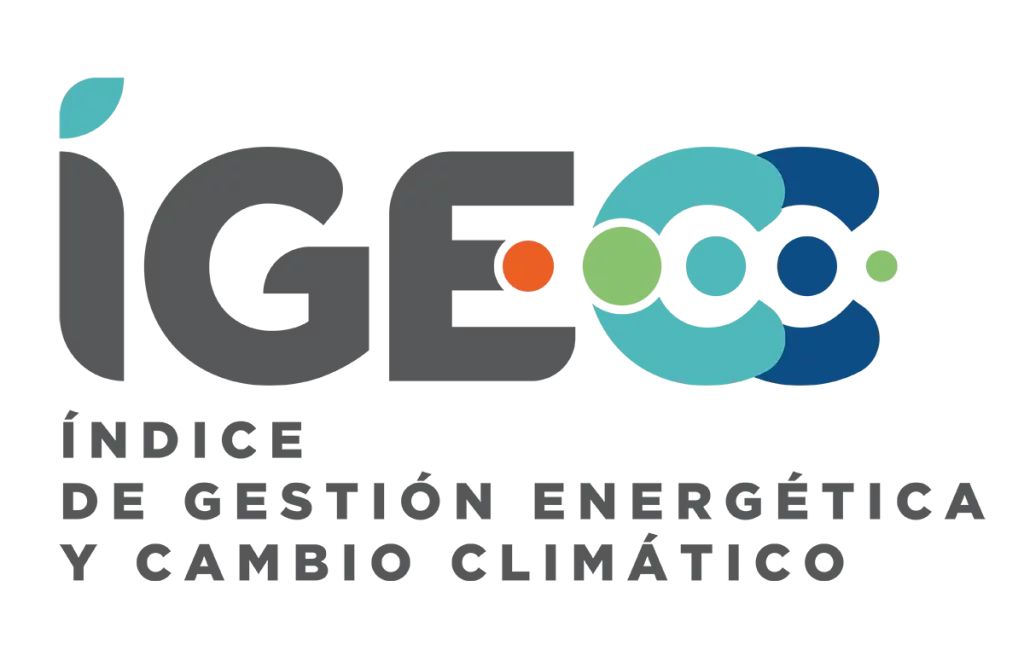
What is IGECC?
The Energy Management and Climate Change Index (IGECC, for its words in Spanish) evaluates the performance of subnational governments in terms of energy management and combating climate change. It becomes a consultation tool for decision-makers, allowing them to analyze the situation of each entity studied and make improvements.
The evaluation carried out by the IGECC is the result of research and analysis of public data, organized under a methodology that allows for comparability and reliability of the information. Furthermore, this methodology was carefully designed to be aligned with important international initiatives that seek to combat climate change, reduce climate-related financial risks, and encourage the adoption of renewable energies.
Nuestros objetivos
El Índice de Gestión Energética y Cambio Climático (IGECC) tiene el objetivo de promover e incitar a la gestión pública a llevar a cabo acciones enfocadas en promover la gestión energética y mitigar el cambio climático mediante el análisis de información con base en una metodología alineada a importantes iniciativas internacionales, tales como: Las Recomendaciones del grupo de trabajo sobre declaraciones financieras relacionadas con el clima (TCFD, por sus siglas en inglés), las metas del Acuerdo de París, las Contribuciones Previstas y Determinadas a Nivel Nacional (INDC, por sus siglas en inglés), y los Objetivos de Desarrollo Sostenible de la Organización de las Naciones Unidas (ONU). Apoyando a gobiernos subnacionales, empresarios, inversionistas, académicos y demás grupos de interés en la recopilación y análisis de información estratégica para la toma de decisiones en la gestión de oportunidades para la adaptación a los efectos del cambio climático y la mitigación de los riesgos asociados al clima.
Mission
To be a multi-stakeholder online management platform serves as a reference point for energy and climate change management information, including activities, statistics, data, specific analytical tools, and knowledge products developed in response to the growing demand for information from stakeholders.
Vision
To support subnational governments in managing energy information to facilitate climate decision-making and adapt to the effects of climate change. In addition to performing diagnostics and foresight, integrating energy and climate data into public policies.
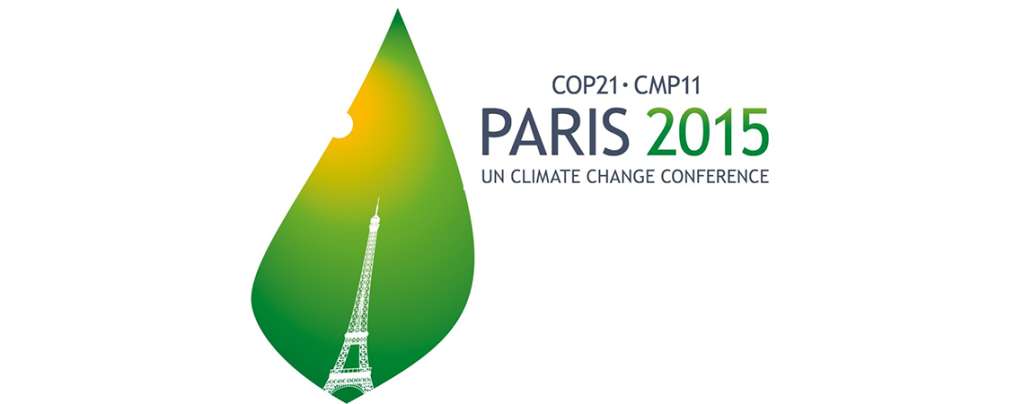
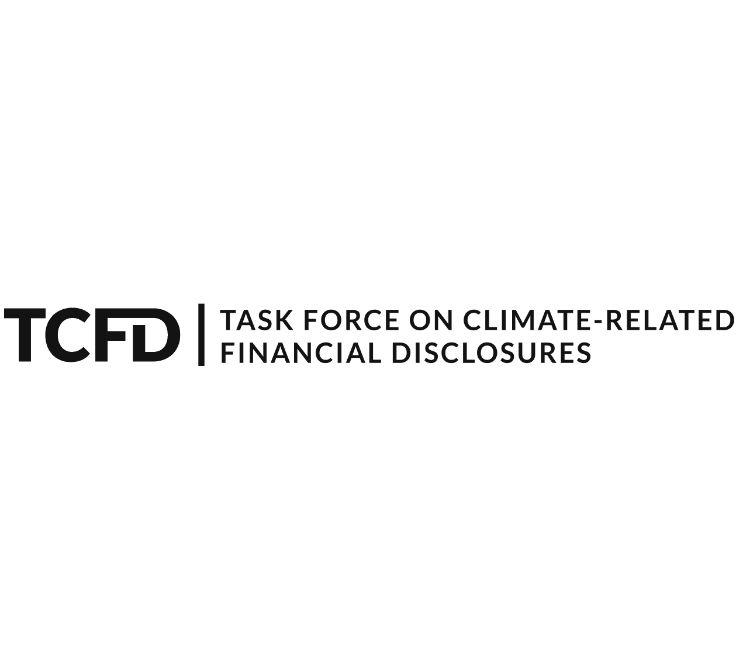
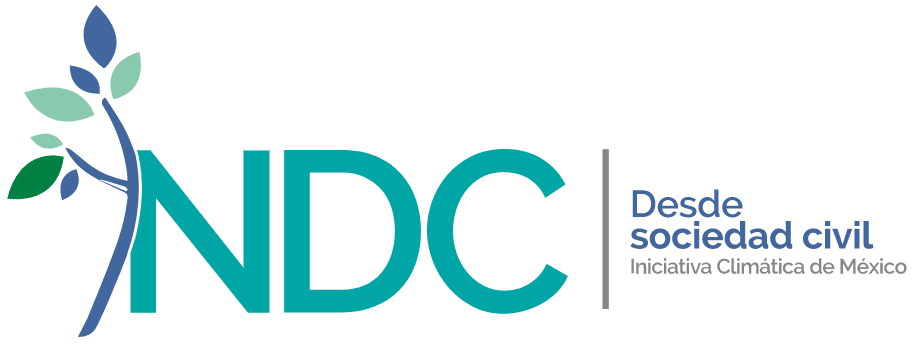
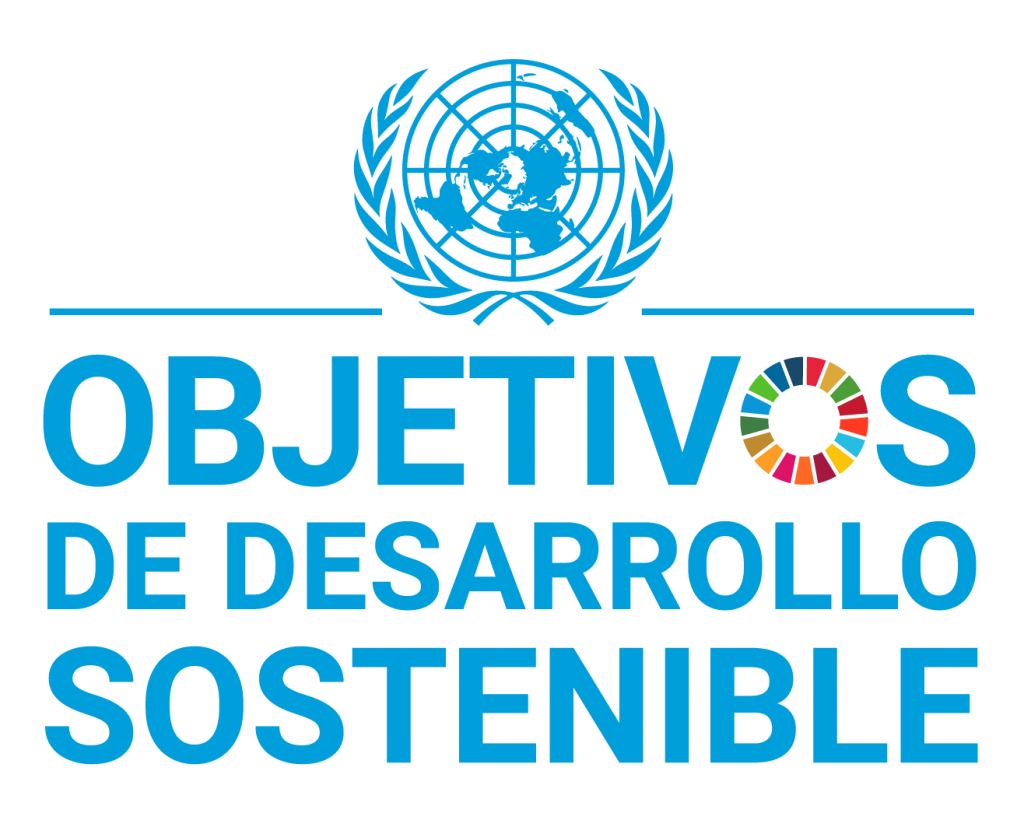
How to use the IGECC
State and Municipal governments, entrepreneurs, investors, academics, and other
stakeholders can make use of the results of the IGECC for actions such as the following:
- Develop public policy based on strengths and opportunities.
- Design environmental impact mitigation strategies based on weaknesses and threats.
- Benchmark with peers to develop best practices and/or collaborations.
- Confirm regional leadership.
- Make commitments aligned to best practices.
- Conduct qualitative/quantitative analysis.
- Manage climate-related risks in supply chains, value chains, properties, or operations.
- Generate green finance opportunities.
- Build investment portfolios integrating energy and environmental information.
- Conduct academic consultations.
Entidades para el IGECC 2023-2024
Methodology
El IGECC proporciona herramientas de integración de temas energéticos y ambientales para ayudar a mitigar los riesgos asociados al clima y mejorar la creación de valor a largo plazo en gobiernos subnacionales analizados. Integrar el IGECC en la toma de decisiones de inversión ayudará a identificar oportunidades o riesgos que no pueden ser captados por el análisis financiero convencional. Las entidades de estudio para el IGECC 2023-2024 fueron quince estados: Aguascalientes, Baja California, Chihuahua, Ciudad de México, Estado de México, Guanajuato, Jalisco, Nuevo León, Puebla, Querétaro, San Luis Potosí, Sinaloa, Tamaulipas, Veracruz y Yucatán, así como 77 municipios.
Thematic axes

Water

Biodiversity

Pollutants

Electrical Energy

Governance

Fossil fuel energy

Waste

Clean energy and renewable energy

Transportation and industry















